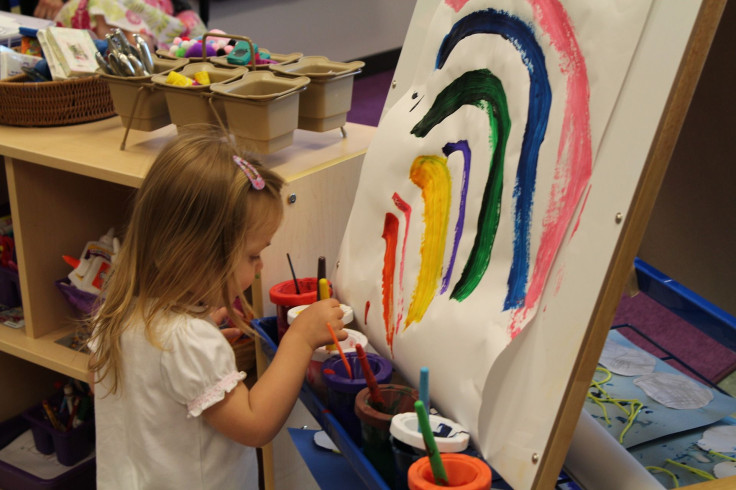Grade School, Preschool Children Have Different Ideas About What Constitutes Fair Punishment

Disciplining children effectively can seem like an impossible task for new parents, teachers, and babysitters. How can one teach a child what they did is wrong, and increase the chances they’ll never do that thing again? And how can one avoid the ever-present protest from kids: "That's not fair?" That depends on many factors, but age may be one of the biggest.
Researchers have recently taken a look at how children react to different discipline practices used by parents and teachers, shedding light on what children view as fair. Apparently, group punishment left different impressions on kids of different age groups.
“A teacher who rewards or punishes a whole class for the good deed or misdeed of just one student is more likely to be seen as fair by 4-to-5-year-olds but as less fair by older children,” said Craig Smith, research investigator from the U-M Center for Human Growth and Development, in a statement. “Likewise, the data suggest that most older children and adults will feel that the common practice of punishing everyone for the misdeed of one or a few is unfair.”
The research also examined how the kids were likely to dole out punishment themselves. The data showed preschool-age children were more apt to punish entire groups of people for the transgressions of one individual in the group. This, according to Smith, doesn’t mean the little ones are harsher as people, but that they may have a different idea of what constitutes fairness.
Based on feedback from the children who participated, this inclination to punish the entire group may actually be rooted in compassion. The kids seemed reluctant to single out an individual for punishment, so instead punished everyone.
The researchers conducted the study by asking children ages 4 through 10 what they thought the fairest way to hand out rewards and punishments was. The 4-5 year olds overwhelmingly chose the one-size-fits-all punishment method.
After children grow to elementary school years, however, views shift and children take on a more mature opinion that people should get what they deserve, and it’s unfair for an entire group to be punished or rewarded for the good or bad actions of one. Smith said this is the view most adults tend to take as well.
The study provides some insight about how children view retributive justice (punishment), which had previously been explored very little. Many other studies have examined the fairness of small children and infants, demonstrating that sometimes an inherent bias may affect how children view events or others.
Source: Smith C, Warneken F. Children’s reasoning about distributive and retributive justice across development. Developmental Psychology. 2016.
Published by Medicaldaily.com



























